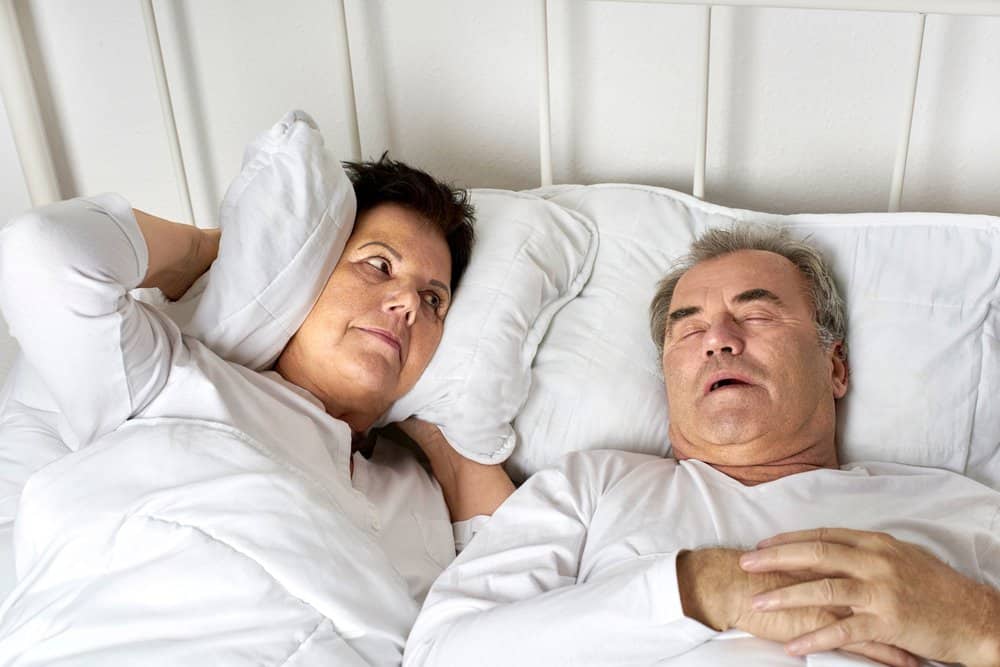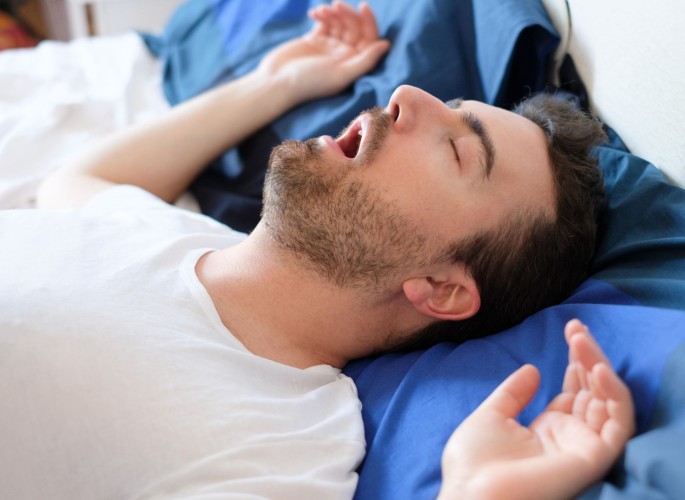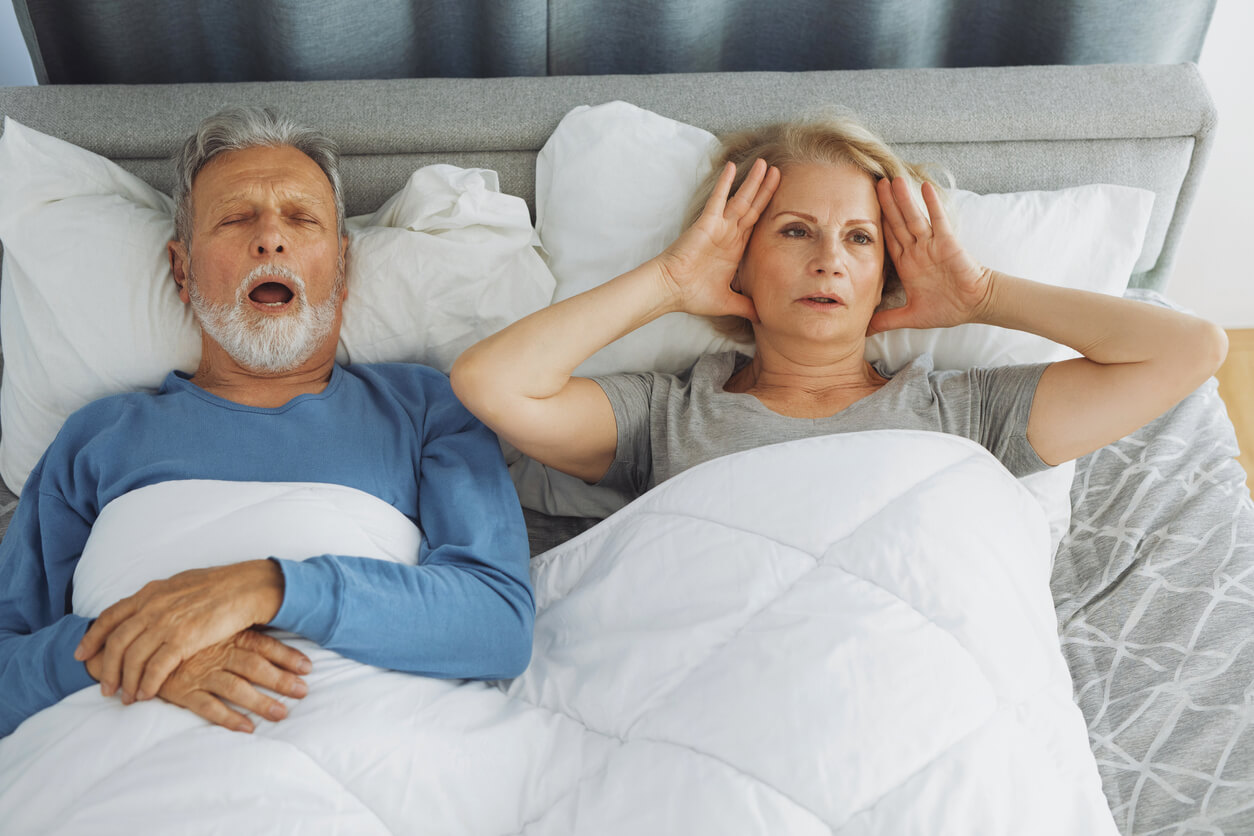A disorder known as sleep apnea is one in which a person repeatedly stops breathing for brief durations while they are asleep. Insufficiency in oxygen intake characterizes the condition known as sleep apnea. This will cause them to cough and, most of the time, wake up.
People often do not realize that they have stopped breathing, and they continue to assume that their sleep cycle is regular even when this is the case. Snoring and sleep apnea have a similar sound.
In addition to making you feel more exhausted in the morning, sleep apnea diagnosis in a variety of other health concerns. This sleeping problem, if left untreated, may, among other things: provoke mental health concerns; lead to poor immunological function; contribute to memory loss; raise the risk of heart failure.
See Also: CPAP masks success tips
Breathing equipment, medicine, and surgery are the most common therapies for this condition. Altering certain aspects of your lifestyle and taking better care of your house may, however, enhance both the quality of your life and the amount of sleep you get.
In our sleep store, you can find all of the goods that have been authorized by Healthline to treat snoring and sleep apnea.

Sleep apnea lifestyle therapies
The use of a CPAP mask while sleeping is one of the most conventional therapies for sleep apnea. Even if it achieves the desired results, some individuals feel that using this approach is unpleasant. It’s possible that certain natural therapies might provide the same advantages. The following are six different alternative remedies that may help lessen the symptoms of sleep apnea.
1. Strive to achieve and maintain a healthy weight
Weight loss is a regular recommendation made by medical professionals to patients diagnosed with sleep apnea. A greater likelihood of having obstructed airways and constricted nasal passages is associated with having obesity, particularly in the upper body. Because of these obstacles, you can stop breathing all of a sudden or for extended periods of time while you are asleep.
Keeping your weight at a healthy level may help to keep your airways free and lessen the symptoms of sleep apnea. According to research from Trusted Source, even a moderate loss of weight in obese patients may remove the need for upper airway surgery as well as the necessity for long-term CPAP treatment.
Losing weight has been shown to be effective in curing sleep apnea in some people. On the other hand, the problem can flare up again if you end up putting the weight back on.
2. Try yoga
Your heart will become stronger, your energy level will rise, and your sleep apnea will improve if you exercise regularly. The practice of yoga may especially strengthen your respiratory strength and stimulate the flow of oxygen.
A reduction in the amount of oxygen that is saturated in your blood is connected with sleep apnea. Through a series of movements that focus on breathing deeply and slowly, yoga may help increase the amount of oxygen in your blood. As a consequence of this, practicing yoga makes it less likely that you will have trouble falling or staying asleep.
3. Try sleeping in a different position.
Altering the posture in which you sleep is one of the most effective ways to alleviate the symptoms of sleep apnea and get a better night’s rest. A research that was conducted in 2006 indicated that posture has a role in more than half of the instances of obstructive sleep apnea.
It has been proved via research that sleeping on your back, often known as the supine posture, might make symptoms much worse. A restoration to regular breathing may sometimes be facilitated in adults by sleeping on their side.
On the other hand, a research that was conducted in 2002 by a reliable source discovered that children who have sleep apnea sleep better on their backs.
Your doctor will review your alternatives for therapy after hearing about your sleep apnea symptoms and your body alignment throughout the discussion.
4. Use a humidifier
Humidifiers are machines that may increase the amount of moisture in the air. The body and the respiratory system are both susceptible to irritation when exposed to dry air. When you use a humidifier, your airways may become more open, which can reduce congestion and make it easier for you to breathe clearly.
When using a humidifier, it may be beneficial to use essential oils such as lavender, peppermint, or eucalyptus. These three essential oils are recognized for their ability to reduce inflammation and provide calming effects.
When it comes to cleaning your humidifier, be sure to follow the directions provided by the manufacturer. They have the potential to house germs and mold.
You may buy a humidifier from an internet retailer.

5. Stay away from cigarette and alcohol smoke
Alterations to your way of life may boost your health and help you develop more restful sleeping routines. If you want to lessen the risks associated with sleep apnea, you should think about giving up smoking and reducing the amount of alcohol you drink.
The muscles in your throat, which govern your breathing, become more relaxed when you drink alcohol. Snoring and a disturbed sleep cycle are two potential outcomes of this. Additionally, it might cause inflammation in your airways, which will restrict the movement of air through your body.
In a manner similar to that of drinking alcohol, smoking may also lead to irritation and edema in the airways. This may cause your snoring and sleep apnea to become even more severe.
A research that was conducted in 2012 found that smoking is a risk factor for developing sleep apnea. According to the findings of the research, those who have sleep apnea may also have a genetic tendency to smoking. As a result, treating sleep apnea may be helpful in kicking the smoking habit.
6. Use oral appliances
Oral appliances that adjust your jaw or tongue in order to keep your airway open while you sleep may be helpful for those who suffer from sleep apnea.
Mandibular advancement devices and tongue stabilizing devices make up the two primary kinds of dental orthotics. At order to reduce the blockage in the back of your throat, these devices function by bringing either your lower jaw or your tongue forward.
These devices vary from those that may be purchased over-the-counter (OTC) and are available at a modest cost to those that must be fitted by a dentist and cost much more.
Oral appliance therapy has received endorsement from the American Academy of Dental Sleep Medicine as an effective treatment option for sleep apnea.
Oral appliances are recommended by a recommendation from 2015 for persons with sleep apnea who are unable to tolerate using a CPAP machine. This recommendation favors custom-fit appliances over over-the-counter choices since the former make it possible to adjust the posture of the jaw, which in turn improves the quality of sleep.
How optimistic should one be?
The symptoms of sleep apnea may be alleviated by using some at-home treatments and making adjustments to one’s lifestyle. However, one should not disregard the use of traditional treatments. The treatment for this ailment often involves taking prescribed drugs and, in rare cases, undergoing surgical procedures.
Before beginning any alternative therapy, you should first discuss your alternatives with your primary care physician. Seek emergency medical assistance if you notice an increase in the severity of your symptoms.
